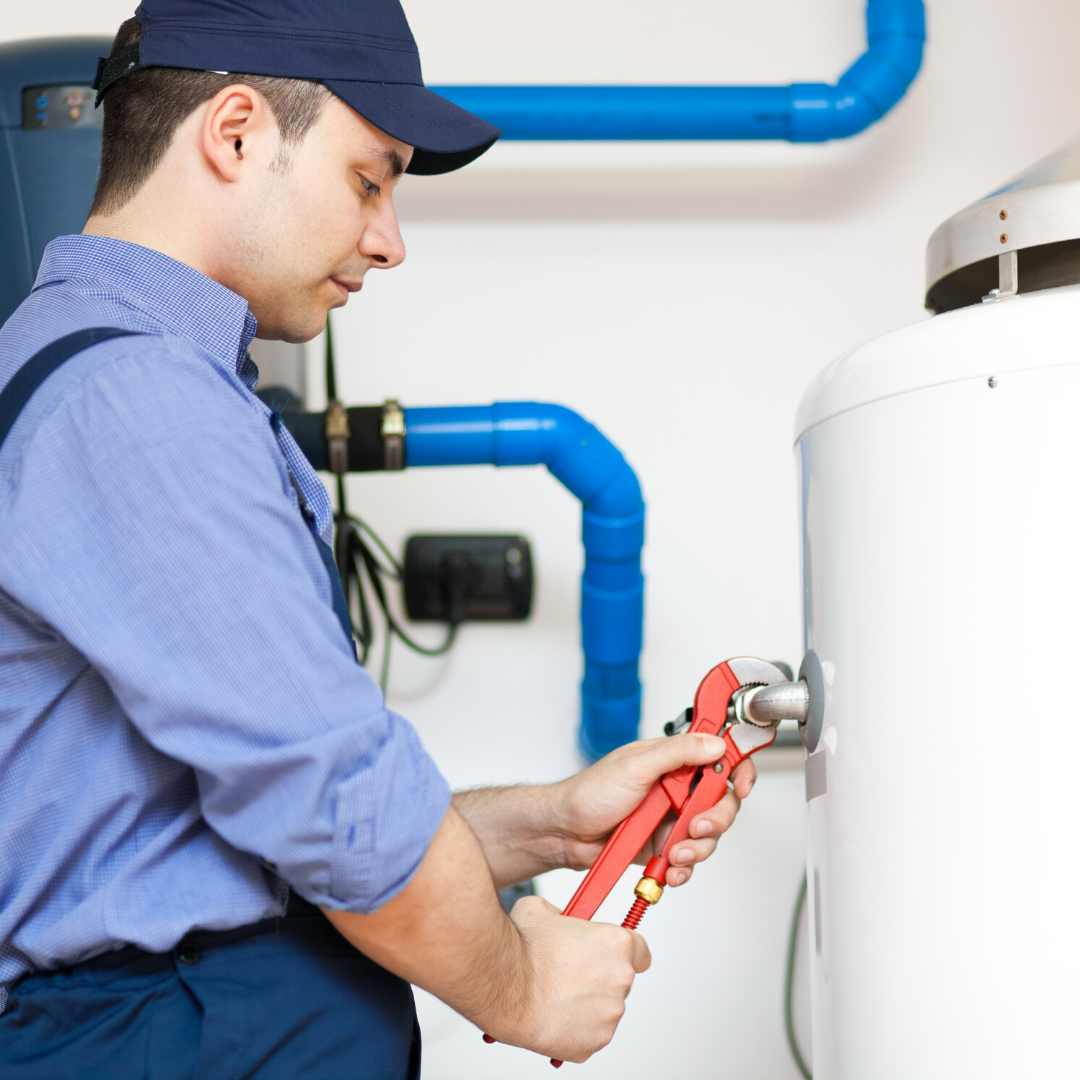Managing the Top Water Heater Crisis Situations
Managing the Top Water Heater Crisis Situations
Blog Article
We've encountered this great article involving Is Your Water Heater Leaking? listed below on the internet and felt it made good sense to relate it with you on this page.

A hot water heater is just one of the most essential fundamental devices that can be located in a house. With hot water heater, you don't require to go through the anxiety of home heating water manually each time there is a demand to take a bath, wash, or the meals. Nonetheless, there is always a possibility that your water heater would break down just like a lot of mechanical devices.
It is necessary to keep in mind any type of little breakdown as well as tackle it promptly before things get out of hand. A lot of times, your hot water heater starts to malfunction when there is an accumulation of debris as a result of constant usage. As a safety measure, regular flushing of your water heater is suggested to prevent debris accumulation and protect against useful failure.
Usual water heater emergencies as well as just how to deal with them
Insufficient warm water
It may be that the water heater can not support the hot water need for your house. You can upgrade your water heating unit to one with a bigger capacity.
Rising and fall water temperature.
Your hot water heater could start creating water of various temperatures typically ice chilly or scalding warm. In this situation, the first thing you do is to make sure that the temperature level is readied to the preferred degree. If after doing this, the water temperature keeps transforming during showers or various other tasks, you may have a damaged thermostat. There might be a need to replace either the thermostat or the home heating unit of your hot water heater.
Leaking hot water heater storage tank.
In this circumstance, you should turn off your water heater, allow it to cool down, and also meticulously look for the source of the trouble. At times, all you require to do is to tighten up a few screws or pipe links in instances of minor leaks. If this does not function and also the leak persists, you could need to employ the solutions of a technician for a suitable substitute.
Stained or stinky water
When this happens, you need to understand if the problem is from the container or the water source. If there is no amusing smell when you run chilly water, after that you are particular that it is your water heater that is faulty. The stinky water can be caused by corrosion or the build-up of germs or sediments in the water heater container.
Conclusion
Some property owners ignore little warning as well as minor faults in their water heater device. This just results in additional damage and also a feasible complete breakdown of your home appliance. You must deal with your water heater faults as quickly as they come near stay clear of more expenditures and also unnecessary emergency troubles.
With water heating units, you do not need to go via the anxiety of home heating water by hand every time there is a need to take a bath, do the laundry, or the meals. It might be that the water heating unit can't support the warm water need for your apartment or condo. Your water heating unit might start creating water of different temperature levels normally ice chilly or scalding warm. If there is no funny odor when you run chilly water, after that you are certain that it is your water heating unit that is faulty. The smelly water can be created by corrosion or the buildup of microorganisms or debris in the water heater storage tank.
Common Water Heater Issues and What You Should Do
What Type of Water Heater Do You Have?
Before we begin it’s first important that you identify the type of water heater you have on your property. There are two main types of water heaters out there: conventional and high efficiency.
Both of these types of products typically use either gas or electricity to heat power. There are also solar water heaters that use a thermal collector on the roof or yard to heat the water.
While these models are not as common, they can cut heating costs in half. In this article, we will focus on conventional and high efficiency.
How Do My Electric and Gas Water Heater Work?
Though they look similar, electric and gas water heaters work very differently. It’s important to know their basic function because often problems can be specific to the heating source.
In the electric model, a thermostat on the side of the machine detects the temperature of the water in the tank. When the temperature needs to rise electricity flows to a heating element suspended in the water.
Gas models also use a thermostat device — typically with a mercury sensor at the tip and an additional sensor called a thermocouple. The thermocouple detects whether the pilot light is on and controls the flow of gas.
When the thermostat drops below the appropriate level gas is released which becomes ignited by the pilot light. The flame heats the bottom of the water tank which causes hot water to rise and cold water to drop.
This natural circulation continues until the water reaches the desired temperature. Then, the thermostat triggers the gas control valve to shut off the flow of gas.
What Are the Most Common Issues and How Do You Fix Them?
https://happyhiller.com/blog/common-water-heater-issues-and-what-you-should-do/

We were made aware of that report on The Importance of Water Heater Maintenance through someone on our other web page. Liked our piece? Please share it. Help others discover it. I value reading our article about Warning Signs You Need Water Heater Repairs.
Overflow? Ring now! Report this page